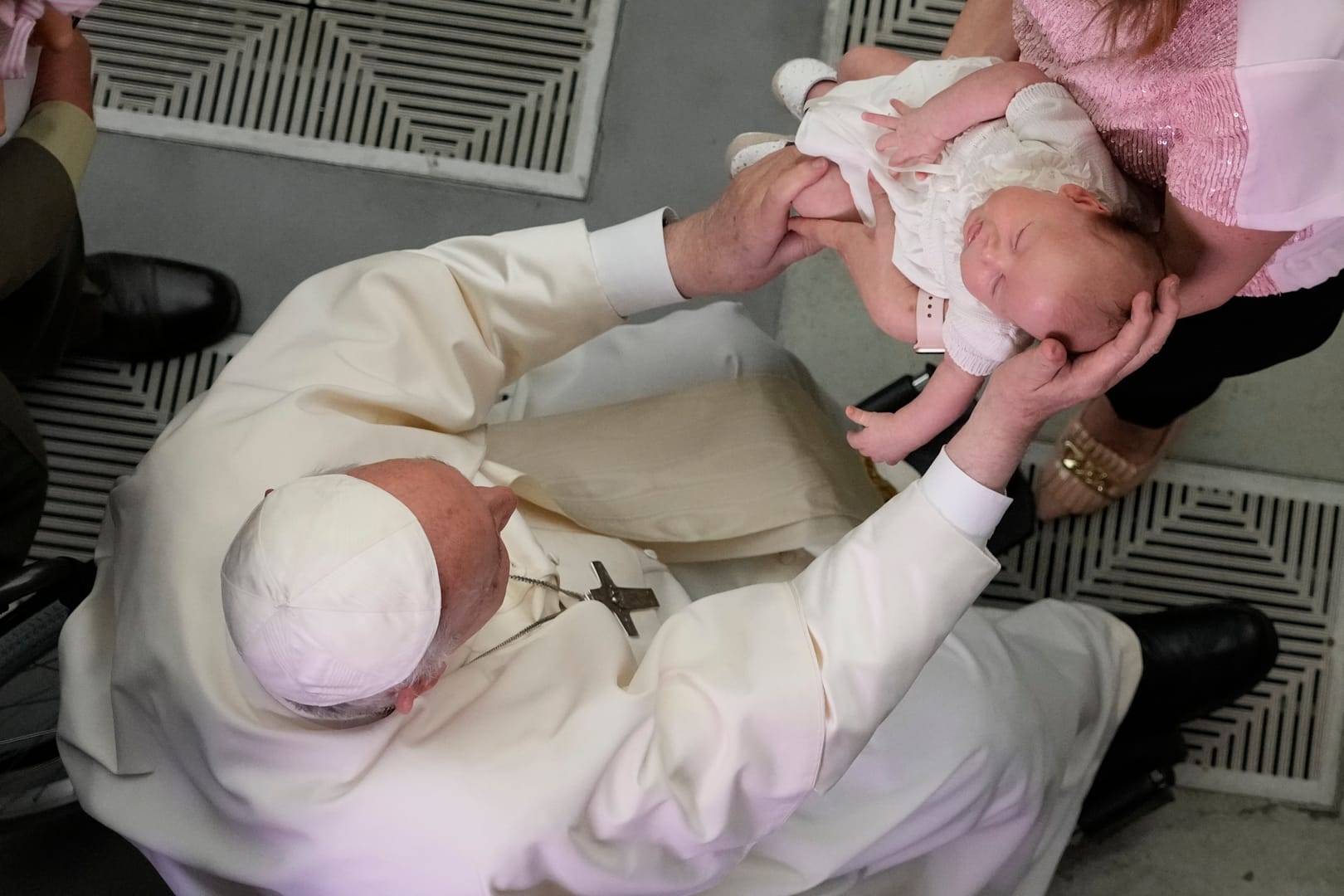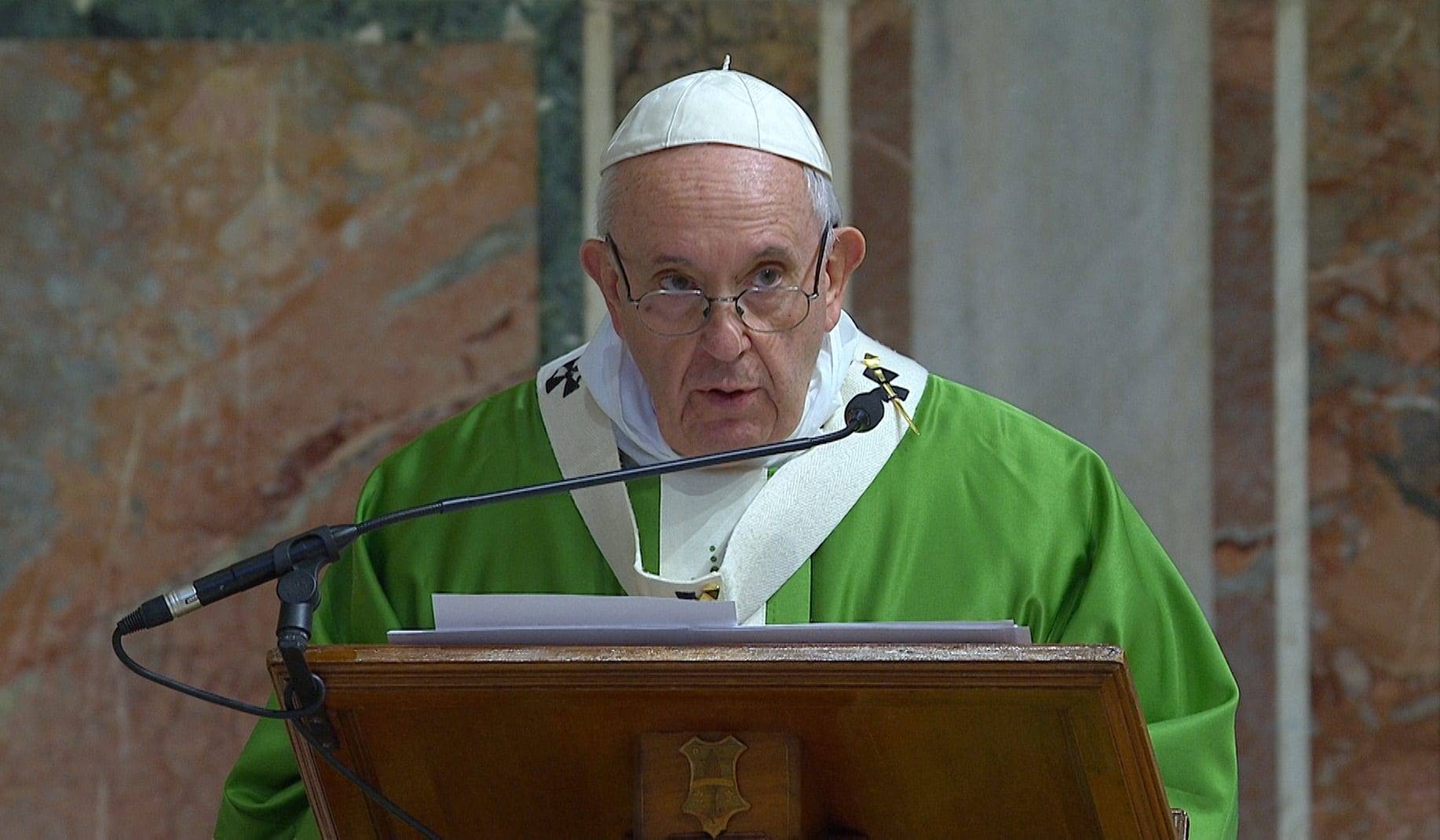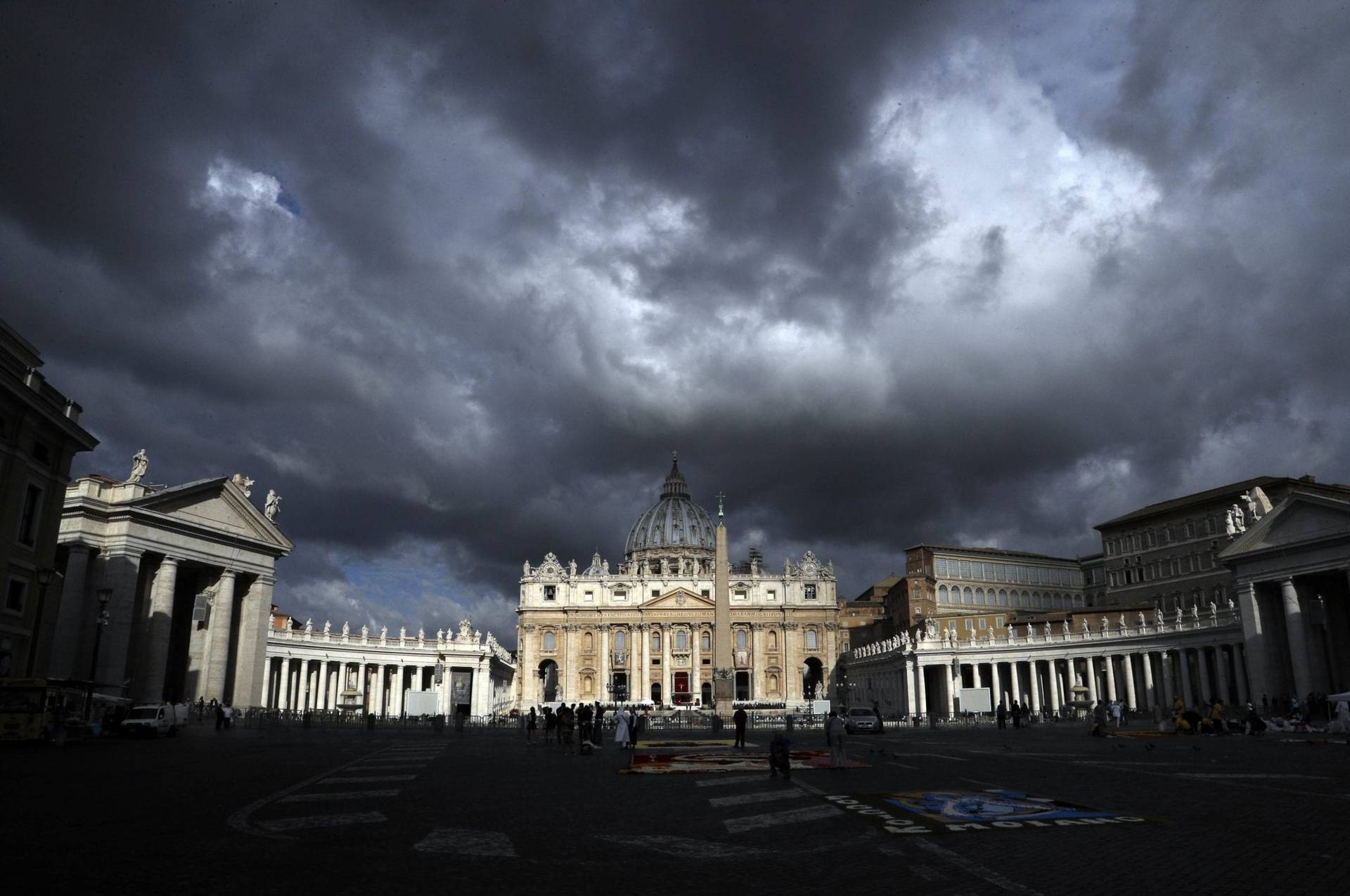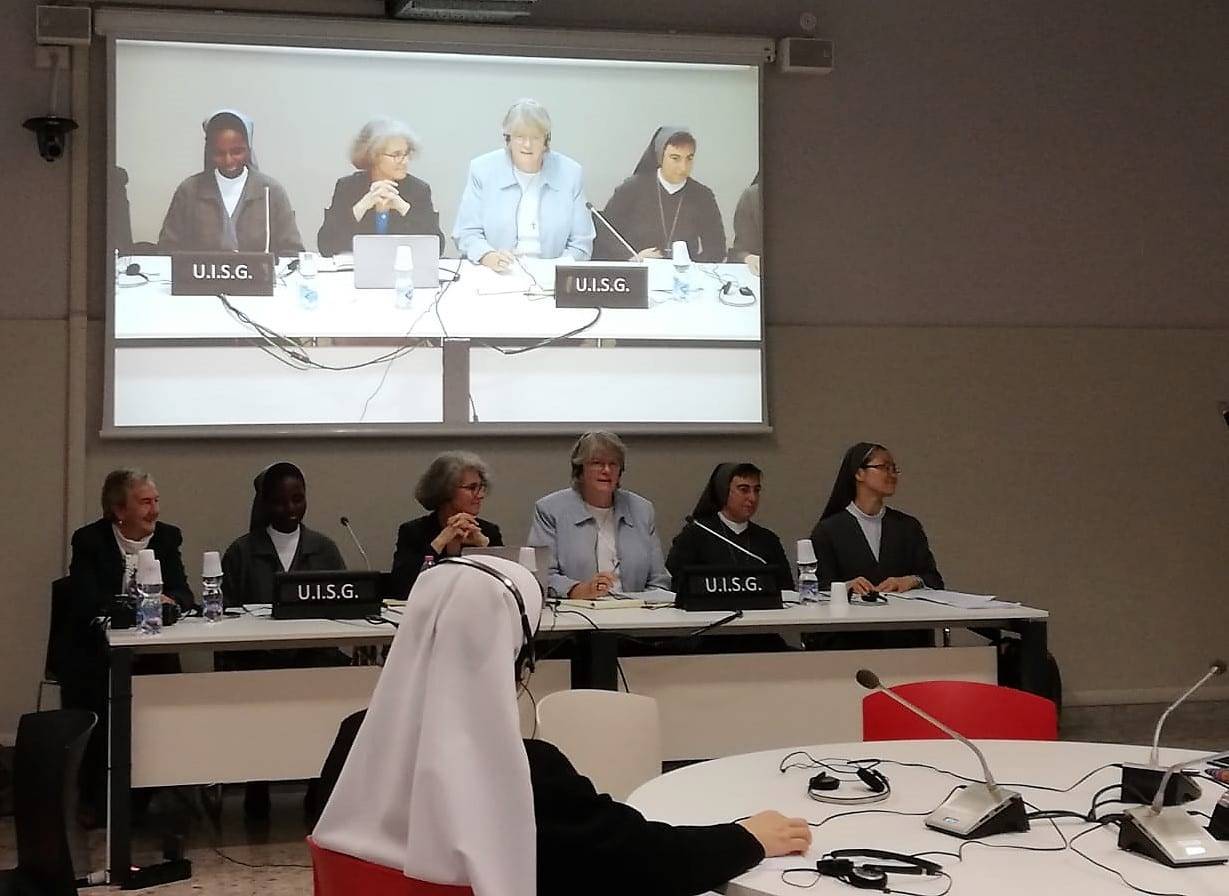ROME – According to the head of the Iraq-based Chaldean Catholic Church, the United States government has done nothing to aid Christians in Iraq while the US State Department is touting hundreds of millions in aid for Christians and other minorities in the country.
“Americans are very nice and very friendly as individuals, but their policy is wrong,” said Cardinal Raphael Sako, Patriarch of the Chaldean Church on Tuesday. “There are promises, but until now, there’s nothing [from the U.S. government] to help these people return to their homes.”
To forget Christians in Iraq and Syria, and also those living as refugees in neighboring countries, is a “mortal sin,” the patriarch said.
Hungary, he added, has understood that the priority has to be to help Christians stay where they are – where they were born – and “instead of welcoming refugees, they have given $5 million to help Christians in Iraq and Syria to rebuild their villages. If we leave, we’ll lose our identity, our patrimony.”
On the U.S. policy, he said he doesn’t understand why they help one regime change into another, “or why do they keep killing people?” He also floated a few questions that he left unanswered, such as “who’s financing [Islamic terrorist organization] ISIS that has decimated Syria and Iraq and forced millions to flee their homes.”
“Why are there 3.5 million Iraqis outside of their homes? Who will restore Iraq’s normality? This is a big political responsibility. The policy is not only looking for political interests but also to respect human beings,” Sako told reporters at an encounter on the margins of the Oct. 3-28 Synod of Bishops on Young People, the Faith and Vocational Discernment.
Several sources expressed surprise at Sako’s statements, which came on the heels of the U.S. State Department releasing data on the hundreds of millions of dollars it has spent on Christians and other religious minorities since 2017, and on the eve of Sako’s meeting with the head of United States Agency for International Development, Administrator Mark Green.
Green is expected to give Sako an update on the substantial U.S. government funding of projects on behalf of Christians and other minority communities in Iraq.
Cardinal Peter Turkson of Ghana was also present at the press conference, and he was quick to clarify that when it comes to U.S. aid for the reconstruction of Christian villages in Syria and Iraq, “even though there’s been no help from the government,” there’s been a lot of money coming in the form of organizations related to the U.S. Church and also from ordinary citizens.
Speaking about the synod experience – this is his fourth – Sako says he’s learned a lot and that he believes the presence of 35 young people in the meeting has enriched the experience, although he says there were not nearly enough youth represented. He also wants the Church to find a language that is comprehensible to young people, because “we’re used to a traditional language that today doesn’t speak,” he said, noting that he says this as a patriarch of an Eastern Church.
“I come from a country that has suffered a lot, and unfortunately in the Instrumentum laboris [the document the bishops have been using to kickstart the discussions], we talk a lot about problems, including migrants, but very little about these young persecuted Christians,” Sako said, adding that despite this omission, it is being addressed in the small working group discussions the bishops take part in.
“I think, at the end of the tunnel there’s so much light,” he said. “The gospel talks about the light, the leaven.”
Drug addiction, a key concern for a Brazilian prelate
Also speaking with the media on Tuesday was Archbishop Jaime Spengler, of Porto Alegre, Brazil, who is experiencing a synod for the first time, and defined it as a unique experience to feel the universal Church in one place, with “the diversity that unites us.”
According to him, the underlying issue both in the general assembly and the small groups is always the same: “how to transmit the faith to the new generations.”
Spengler said that today the world is undergoing two phenomena that “challenge us.” On the one hand, there’s an “epochal change, a situation that challenges the faith,” with big conquests on the fields of science and technology. On the other hand, he said, there’s globalization, that’s made issues such as productivity, consumerism and making money key values.
“This reality, certainly, affects the deepest values of our culture and affects the life of our young people,” he said. “How we, shepherds, can respond to the need of the young people who live this reality in the day to day.”
The Brazilian prelate also focused much of his attention on something he believes the synod fathers haven’t spoken enough about: The impact drug abuse has on the lives of ordinary people.
In Brazil, he said, more people are killed by drugs than in Syria by the war. “They are very diverse realities,” he clarified, noting that in Syria and Iraq there is an “enormous human tragedy,” but this doesn’t mean that the cruel reality of drug abuse can be ignored.
During the weekends, he said, Brazilian big cities are “butchered” by the drama of drug abuse, and there are government officials today who want to legalize some of them. “It’s a cruel reality that screams to heaven.”
Those who suffer drug addiction are the “discarded, crucified of today, and society has a hard time seeing them,” Spengler said, noting that in Brazil there are few families that don’t have at least one member that is affected by this.
For a Spanish nun, it’s about not being on the sidelines
Sister Maria Luisa Berzosa told reporters that when she was told she was going to be participating in the synod, she couldn’t believe it.
She spoke about the many challenges the Church is facing, including the clerical sexual abuse crisis, and acknowledged that when she was young, she had a “strong faith crisis, but as I matured I realized that I felt more Christocentric than ecclesiological,” meaning more tied to Christ than the Church, “that has a human side that is holy and sinner.”
This she said, is something she’s learned by being in contact with others, and when she was invited to come, new abuse revelations were arising- though she didn’t clarify if she was referring to a case in particular.
“When I received the invitation, I felt it came at a time of great pain, but I said, it doesn’t matter, I want to be there, I don’t want to be on the sidelines,” Berzosa said. “I want to be in here and help as much as I can in this moment of conflict and put my grain of sand so that things change.”
“If we women don’t have the door very open, when a crack opens, I’m there,” she added. “A crack opened and here I am, with the knowledge that we’re going through a moment of pain. I want to fight and defend the Church from the inside. I never thought I would be given the opportunity to be at the center.”













